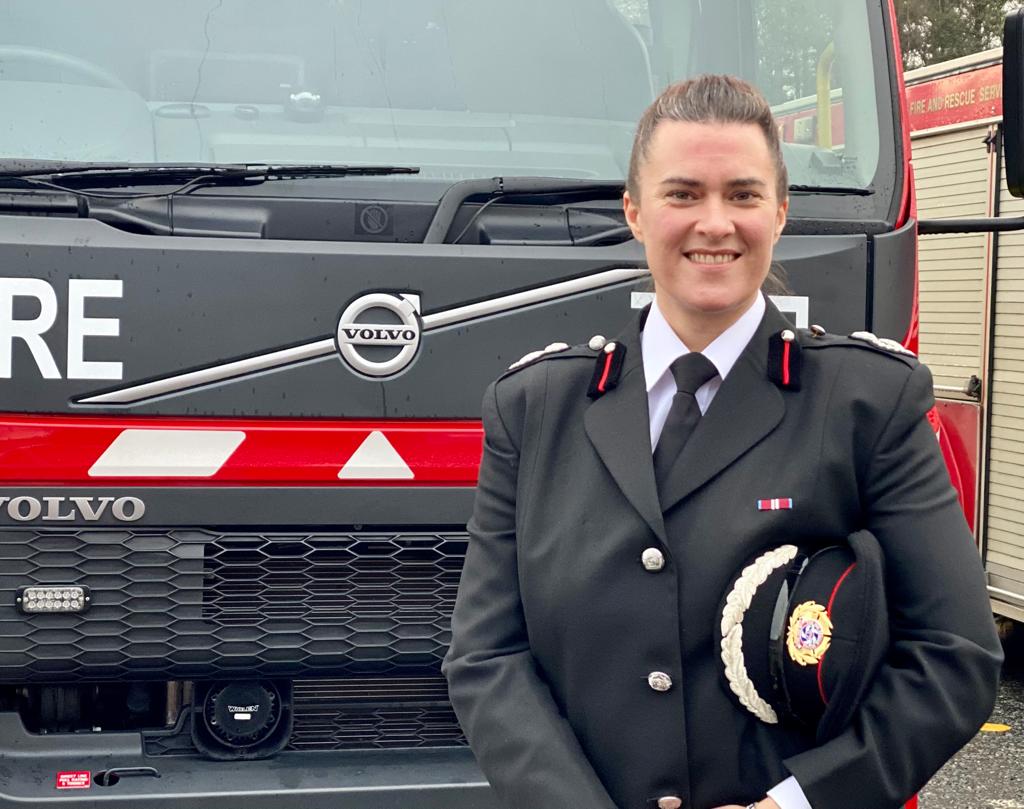- Work Hard
- 30th Mar 2022
- 1.2k Views
- 0
- 1 minutes
HLN meets… Lynsey McVay, Tyne and Wear Fire and Rescue Service

We caught up with Tyne and Wear Fire and Rescue Service’s first operational principal officer to find out what it’s like working in a stereotypically male-dominated industry.










Comments